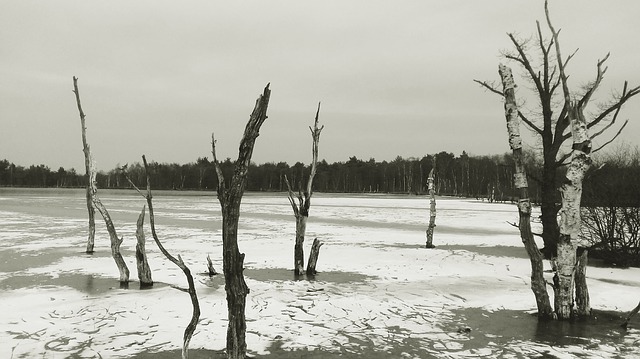Five years ago, after only a few months of living in Colorado, I realized I’d been suffering from Seasonal Affective Disorder, probably since middle school. Growing up in North Dakota, I spent the long, dark, dangerously cold months of winter indoors reading. My asthma was much worse back then, which meant I couldn’t play outside in extreme temperatures without triggering an attack. I told myself I liked the winter because it meant cozying up with a blanket and a good book. Years later, as a college student in New York City, I told myself the same; dreary weather provided the perfect excuse to skip out on all the partying I couldn’t afford anyway and stay on top of my homework (primarily reading, as I was a theater and English double major.) Needing sunshine seemed like a weakness. I’ve never loved beaches. I do love horror novels. Surely someone like me should prefer the season of death?
Now it only takes a few hours of clouds (oh, Colorado, how you’ve spoiled me) before the familiar dread floods my system like an allergic reaction. I’ve talked to people whose SAD manifests in lethargy, and while I am certainly less energetic when it’s below freezing outside, as long as it’s sunny, I’m fully charged. But darkness triggers a kind of anxiety that drives me, and soon thereafter anyone around me, to climb walls. I feel trapped.
In a recent lecture on the healing powers of horror fiction, one of my MFA mentors described horror as a safe space in which to face our fears. On Twitter, novelist Chuck Wendig (who will be a keynote speaker at this year’s Colorado Gold Conference) wrote something similar, about scary stories for young readers providing a controlled, safely distanced environment for exploring terror and trauma. While this can be a sensitive subject, and I respect parents’ and teachers’ responsibility to help choose the most emotionally appropriate reading for their children, I’ve always erred on the side of minimal censorship. During those unending North Dakota winters, I spent many hours reading novels by R.L. Stine, Christopher Pike, Dean Koontz and Stephen King. What I learned, apart from how many different flavors nightmares come in, was that fear is a natural human emotion that sometimes keeps us safe, and other times keeps us small.
One of the most valuable lessons I’ve gleaned as a writer so far is to sit with the things that scare me most. When I’m stuck in drafting a scene, or it feels flat, I’m likely avoiding fear. I might hesitate to put my characters in the worst possible circumstances, or, more often, I might be reluctant to face my own fear: of shocking or offending someone, of revealing too much of myself, of failure.
Early on in my attempts to draft a novel, I received a lot of comments like “Wow. This is really heavy,” or “Who knew you were so twisted?” I also got the classically infuriating “This woman isn’t nice. I don’t like her.” The content I created didn’t match others’ expectations of a mom with three young kids who drives a mini van. All this feedback culminated in my finally returning to my roots as a reader, and a writer. In horror circles, I’m more likely to hear “Could you ramp up the tension?” or “More blood, please.” I can write without fear of affronting anyone, because when you pick up a horror novel, the lines are only there to be crossed. Or butchered. Some people say we’re in the middle of a women-in-horror renaissance right now, and I can see why many female writers are drawn to a genre that allows us to speak about violence in a cathartic way. Ironically, my stories are more psychologically than physically violent, and I’m still learning how to situate them in the greater landscape of dark speculative fiction.
I’ve always been afraid of the dark—alone in the night as a kid, frightened of unnamed monsters tucked in shadow, and now as an adult, I’m haunted by the darkness of the real world, festering inside of people. Reading and writing horror and suspense are the safest ways I’ve found to process those fears. While I may never enjoy the bleakness of winter, embracing the darkness helps me endure until the sunshine inevitably returns.
Horror isn’t for everyone, I get it. But what genre is? Whichever you write in, drag some demons out into the light. Your readers will thank you for it.


Nothing worse than readers judging the story because they think they know the writer. I mean, it’s understandable in a way but the work should just be judged on its own merits as a creative work. Also, I really like this line: “One of the most valuable lessons I’ve gleaned as a writer so far is to sit with the things that scare me most.”